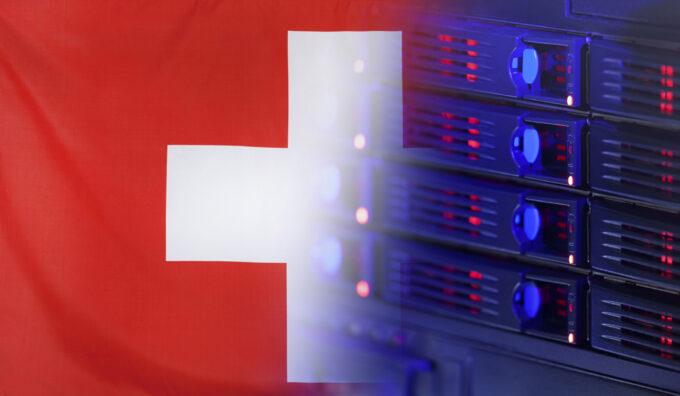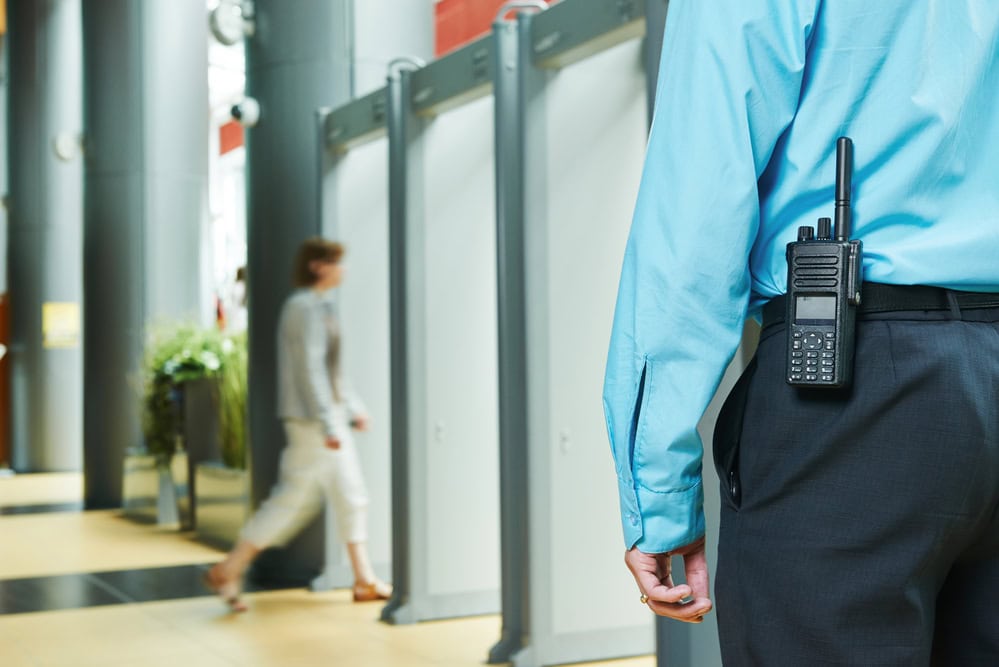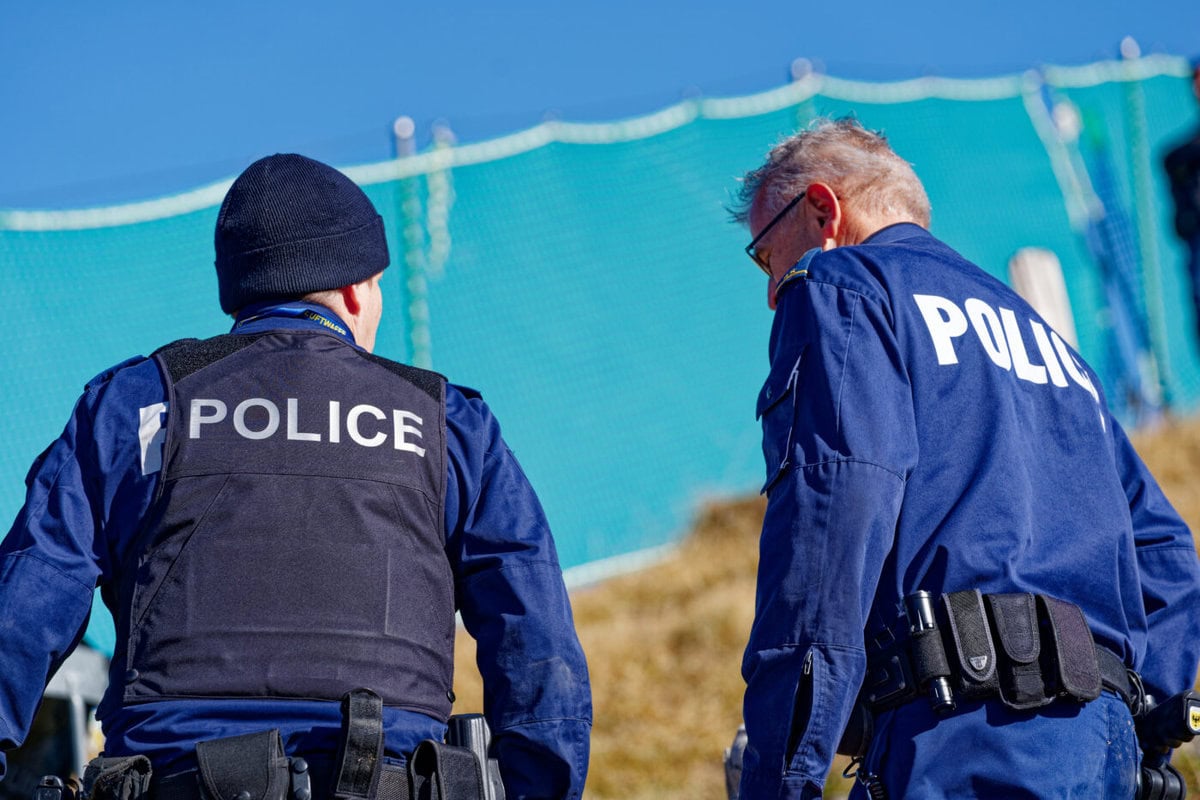Security 2023" study: more critical assessment of neutrality
A slight majority of the Swiss population is calling for closer ties with NATO. This is shown, among other things, by the evaluation of the study "Security 2023", which is published by the Military Academy (Milak) at ETH Zurich and the Center for Security Studies (CSS) at ETH Zurich.

The mood regarding the security situation has generally become more pessimistic in view of the Ukraine war, also in Switzerland. The question of neutrality is also viewed more critically. A slight majority of voters in Switzerland would like to see According to a recent study the Military Academy (Milak) of ETH Zurich and the Center for Security Studies (CSS) welcome a rapprochement with NATO and want to strengthen Switzerland's defense capability. Study participants were asked about the three biggest threat scenarios: war, climate change and economic crises.
More critical view of neutrality
Compared with 2019, confidence in the USA, among others, has risen significantly, while confidence in China and Russia has fallen sharply. For the first time, a narrow majority (55 percent) of the Swiss would also welcome a rapprochement with NATO, the survey further shows. 53 percent of respondents even believe that neutrality would allow Switzerland to plan its military defense on a cooperation level with NATO.
Approvals of neutrality have generally declined. Study participants were asked, among other things, about Switzerland's functions as a mediator and about Switzerland's role as a conflict-avoidance party. Particularly with regard to the role as a conflict-avoidance party, trust continued to decline (to 55 percent or by a further 14 scale points). On identity, trust in the survey decreased by a further 7 points (now at 80 percent). Confidence in the role as a mediating party, on the other hand, is still comparatively high (91 percent, with a drop of 6 points).
Political and military attitude to neutrality
How neutrality can still be credibly protected militarily today, however, divides the population. More respondents believe that Switzerland's close political ties with other states make it impossible for it to act jointly with its European neighbors. However, a majority of respondents still favor a differentiated neutrality policy for Switzerland, in which Switzerland would be allowed to take a political stance but remain militarily neutral. However, a clear majority is still of the opinion that sanctions against Russia should be maintained.
Voters continue to have a positive attitude toward the Swiss army. The demand for a fully equipped army (76 percent) and its necessity (78 percent) have even increased by a few points in the survey scale.









